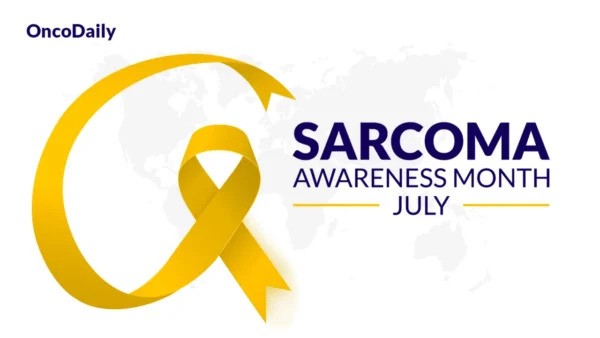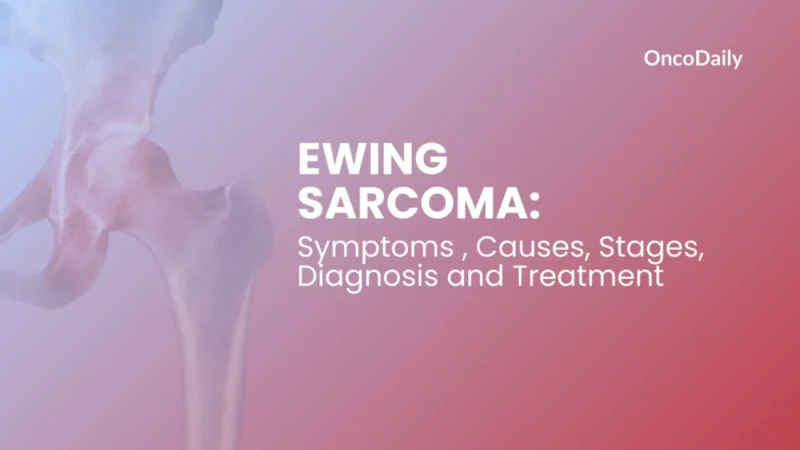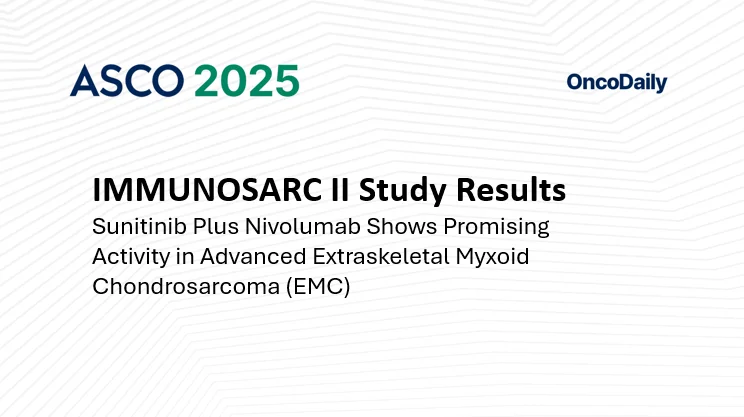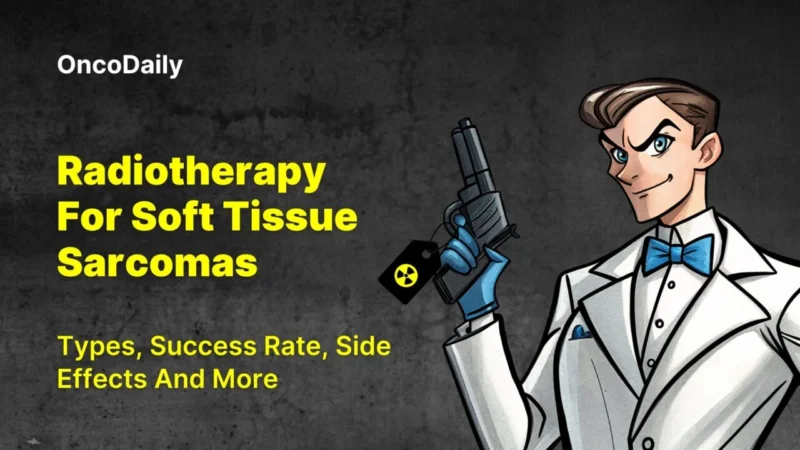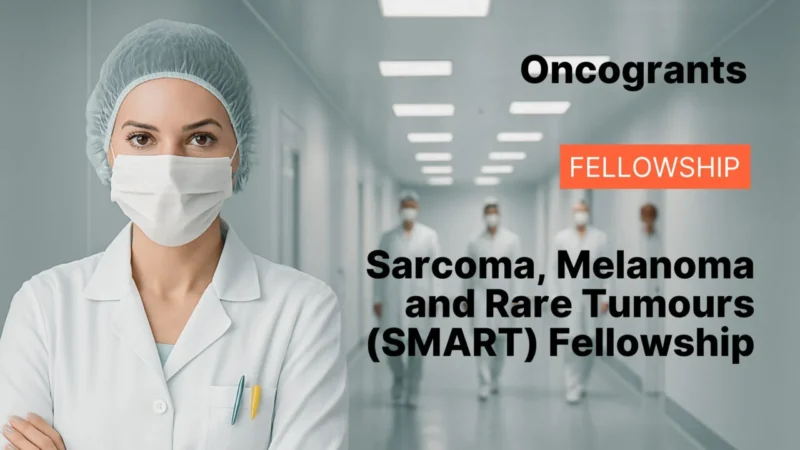Sarcoma Awareness Month is observed each July to highlight one of the rarest and most under-recognized forms of cancer. This global initiative is dedicated to increasing public understanding of sarcoma, supporting affected individuals and their families, and drawing attention to the urgent need for more effective therapies. Although sarcomas account for only about one percent of adult cancers, they represent approximately fifteen percent of pediatric cancers, underscoring the need for heightened awareness among both clinicians and the general public.
This observance also serves as a tribute to those who have lost their lives to sarcoma and a celebration of the strength and resilience of survivors. Organizations such as the Sarcoma Foundation of America and the Liddy Shriver Sarcoma Initiative play key roles in coordinating awareness campaigns, funding research, and supporting patients. The color yellow sometimes represented as gold, is the symbolic color of sarcoma awareness, and throughout the month, the Cure Sarcoma campaign amplifies the voices of patients, advocates, and researchers worldwide.
Understanding Sarcoma: A Rare and Complex Cancer
Sarcomas are a diverse group of malignant tumors that arise from mesenchymal cells, which form connective tissues including bone, muscle, fat, blood vessels, and nerves. There are over 70 subtypes of sarcoma, broadly categorized into soft tissue sarcomas and bone sarcomas. These tumors can develop in nearly any part of the body and are often challenging to diagnose due to their rarity, anatomical diversity, and non-specific clinical presentation.
Early symptoms may include a painless lump or swelling, localized pain, or functional impairment, which may be misattributed to benign conditions or trauma. As a result, diagnosis is frequently delayed, which can have serious implications for prognosis.
While some sarcomas are associated with known risk factors such as prior radiation therapy, exposure to certain chemicals, or inherited cancer syndromes, most cases occur sporadically. Standard treatment for localized disease often involves surgical resection with or without radiotherapy, while systemic therapies are employed for high-risk or metastatic disease. However, treatment outcomes vary widely depending on the subtype and stage. The five-year survival rate for localized soft tissue sarcoma is approximately 81%, but this declines significantly in advanced disease.
Ewing Sarcoma: Symptoms , Causes, Stages, Diagnosis and Treatment – OncoDaily
Progress Through Research: Emerging Therapeutic Strategies
In recent years, advances in molecular and clinical research have brought new insights into sarcoma biology and treatment. The development of next-generation sequencing has enabled more precise classification of sarcoma subtypes and identification of actionable genetic alterations. This has led to the emergence of targeted therapies, including tyrosine kinase inhibitors such as pazopanib and regorafenib, which have demonstrated efficacy in specific clinical settings. Additionally, trabectedin has shown promise in certain soft tissue sarcomas, particularly those characterized by specific chromosomal translocations.
Immunotherapy is also under investigation, though its role remains limited to select subtypes. Clinical trials such as SARC028 have evaluated the use of immune checkpoint inhibitors in advanced sarcoma. Furthermore, adoptive T-cell therapies targeting cancer-specific antigens like NY-ESO-1 are being studied in synovial sarcoma and myxoid liposarcoma. These approaches mark an important step toward individualized, biology-driven treatment.
IMMUNOSARC II Study Results: Sunitinib Plus Nivolumab Shows Promising Activity in Advanced Extraskeletal Myxoid Chondrosarcoma (EMC)- OncoDaily
Radiation Oncology and Multidisciplinary Care
Radiation oncology has evolved significantly in the treatment of sarcoma, with advanced modalities such as intensity-modulated radiotherapy (IMRT), proton therapy, and intraoperative radiotherapy improving local tumor control while preserving surrounding healthy tissues. These techniques are particularly valuable in anatomically challenging tumor sites or when organ preservation is critical.
Effective sarcoma management often requires a multidisciplinary team approach involving surgical oncologists, medical oncologists, radiation oncologists, pathologists, radiologists, and supportive care specialists. This collaboration ensures optimal treatment planning and enhances outcomes across the patient journey.
Radiotherapy For Soft Tissue Sarcomas: Types, Success Rate, Side Effects And More – OncoDaily
Addressing Unmet Needs and Disparities
Despite ongoing progress, sarcoma remains a formidable clinical challenge. Its rarity limits opportunities for large-scale trials and often leads to delays in diagnosis and referral to specialized centers. Research funding for sarcoma lags behind more common cancers, and patients may struggle to access experts familiar with the disease’s complexity.
Sarcoma Awareness Month brings attention to these disparities and promotes investment in translational research, early detection strategies, clinical trial enrollment, and the development of dedicated sarcoma centers of excellence. These efforts are essential to ensure that all patients regardless of location or socioeconomic status have access to evidence-based care.
Remembering Virgil Abloh: Louis Vuitton’s Creative Director Honored at 41 After His Brave Battle with Cardiac Angiosarcoma – OncoDaily
Fellowship Opportunities in Sarcoma and Rare Tumors
Specialized fellowships like the Sarcoma, Melanoma and Rare Tumours Fellowship with Service Development and the Sarcoma, Melanoma and Rare Tumours (SMART) Fellowship provide advanced training and support service innovation. These programs help train experts dedicated to improving care for patients with sarcomas and rare tumors.
Voices from Social Media: Sarcoma Awareness in Action
From yellow ribbons to powerful personal stories, the sarcoma community comes together every July to raise awareness, inspire hope, and push for progress. Here are some impactful social media posts shared during Sarcoma Awareness Month 2025.
“After months of treatment, Evan no longer shows signs of a rare cancer called Ewing sarcoma.
Following radiation, chemotherapy and an innovative spine surgery, Evan’s message to others is, “Just keep going!”
We are team Evan! Sarcoma Awareness Month. More:”
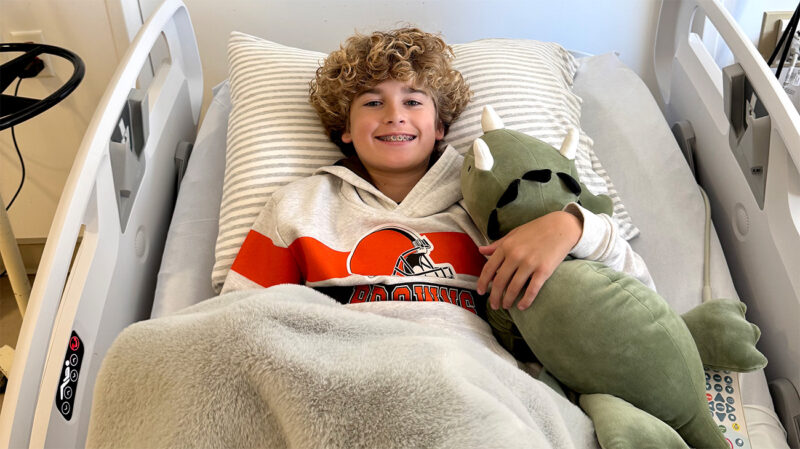
Alex’s Lemonade Stand Foundation:
“As we continue to recognize Sarcoma Awareness Month, we want to honor the legacy of children like Declan Roberts.
His mother, Megan, shared his powerful story at our Great Chefs Event this past June. Even during treatment for Rhabdomyosarcoma, his mantra was: No bad days. From creating games out of getting his vitals checked to befriending the staff at the hospital, Declan’s consistent positivity will continue to inspire us all.
Read more about Declan’s story at The Childhood Cancer Blog>> http://alexslemonade.org/blog/no-bad-days-declans-legacy

July is Sarcoma Awareness Month. In this thread, we’re going to talk a bit about sarcoma, Technoblade’s fundraising, and the work of the Sarcoma Foundation of America (SFA)—the charity Technoblade and his team support.
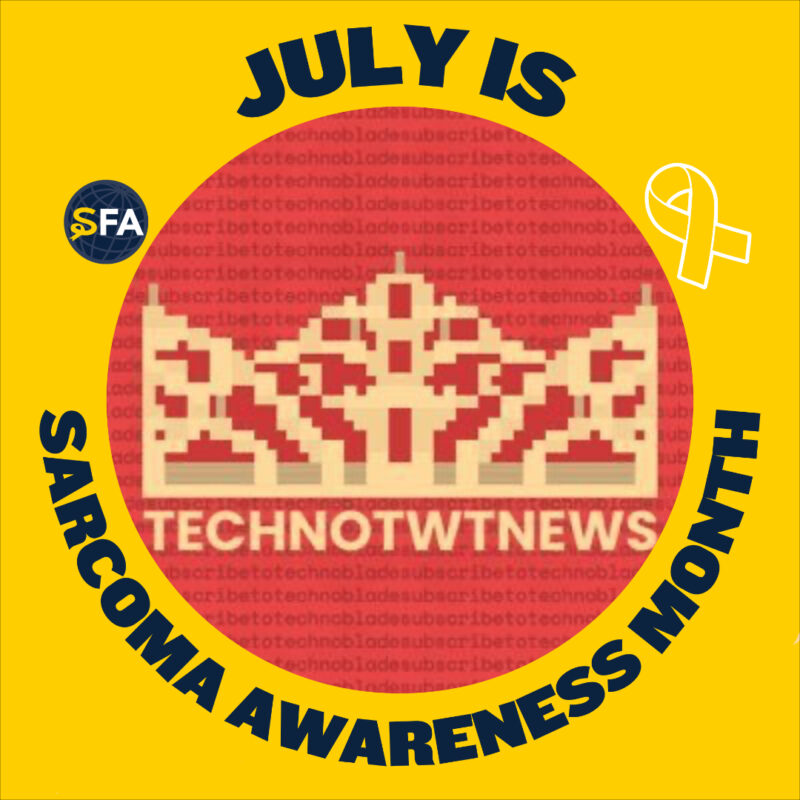
“After facing three bouts with cancer, including a rare sarcoma, Mike turned setbacks into strength through a transformative decision and the treatments that ultimately saved his life. https://cle.clinic/3U7bWSg”
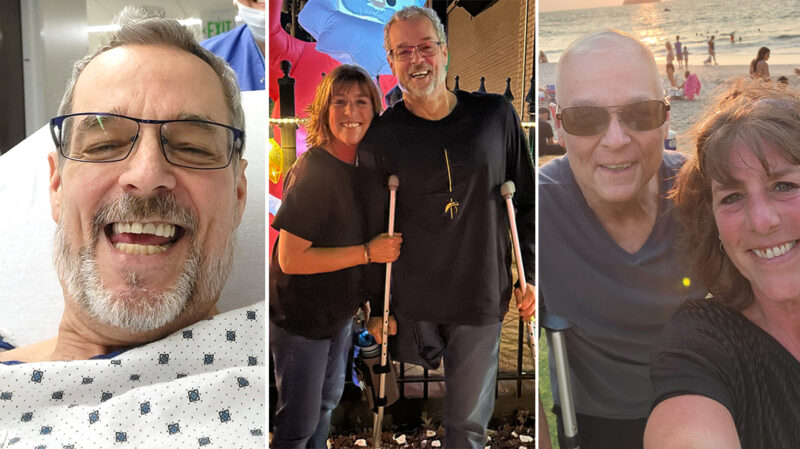
Conclusion: Awareness Fuels Progress
Sarcoma Awareness Month provides a crucial platform to educate the public, engage the medical community, and support those affected by this rare and challenging group of cancers. Through increased awareness, continued advocacy, and sustained investment in research, it is possible to improve early detection, expand therapeutic options, and ultimately enhance survival and quality of life for individuals living with sarcoma.
For additional information and resources, visit the Sarcoma Foundation of America, the Liddy Shriver Sarcoma Initiative, or the National Cancer Institute.
Written by Nare Hovhannisyan, MD


